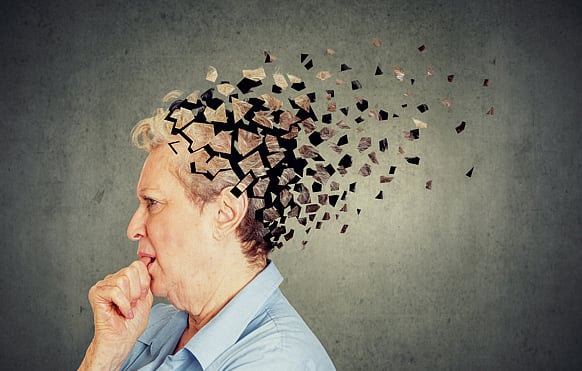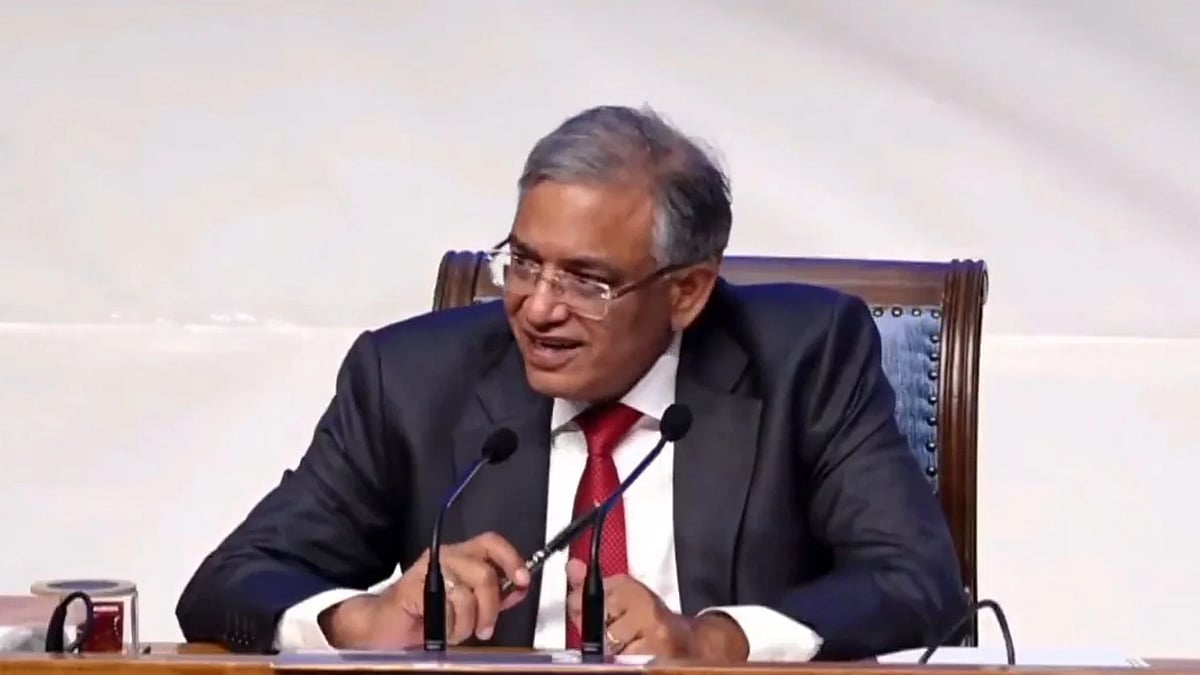September is known as Alzheimer's month as people around the globe join together in movement to create awareness of the dreaded disease of Dementia and Alzheimer's. September 21 is also marked as ‘World Alzheimer's Day’.
Dementia / Alzheimer's is predominantly an irreversible and dreaded disease: a fear with which senior citizens have to live.
Statistically, the situation is alarming as someone in the world develops Dementia every three seconds. As per WHO, number of people in world affected by Dementia in 2021 is around 55 million and is likely to double every 20 years. Dementia is also seventh largest cause of death globally. In India, the number of people affected by the disease is around 5.00 million and is projected to grow up to 14 million by 2050.
Since Dementia is quite common among seniors and the probability of disease increases with age above 60 years, it is absolutely necessary that elders have a basic awareness of the disease, know about its early symptoms, see what can be done to take pre-emptive steps to prevent and be in know of other associated issues.
Nature and symptoms of Dementia:
While Dementia is not any specific disease, it is a general term denoting cognitive impairment. This means that the individual affected by Dementia is not mentally normal and suffers from disability to think, remember, or make decisions in everyday activities. This primarily happens on account of degeneration / loss of neurons. However, every memory loss is not dementia. It is quite but natural that elderly people often forget something like names of someone or get keys misplaced, etc. One should not worry too much about the same. However, worrying sign comes when it becomes quite regular and repetitive and results in impediment in decision making on a regular basis.
Some of the early common symptoms of Dementia include:
Memory loss on a consistent basis
Missing out / disorientation of time and place
Mood swing / change in behaviour on constant basis
Poor judgement towards decision making
Withdrawal from social interactions
Difficulty in performing regular / routine activities
Misplacing things in a continued manner
If not diagnosed properly at an early stage, degeneration is often fast and the patient might suffer from severe Dementia that may be totally irreversible. Such patients may forget the actual realities of life and live in their own world forgetting even their near and dear ones including children. They may also become restless and occasionally violent.
People often use the terms ‘Dementia’ and ‘Alzheimer’ synonymously. These are in fact different; Dementia is the umbrella term and Alzheimer is one of the subsets of the disease. Alzheimer comprises a substantive proportion of Dementia, may be as high as 60 to 70 per cent. Therefore, people sometimes use these two terms interchangeably. Other types Dementia includes- “Lewy Bodies”, “Mixed Dementia”, “Vascular Dementia”, “Fronto Temporal”, etc.
Preventive measures:
Exact cause of Dementia is still not very clear. Genetically some protein is said to be responsible for the same. Hence it is difficult to prescribe the right preventive steps. However, like other impairment diseases, it is always desirable to follow life style necessary for keeping body and mind healthy so that, to some extent, possibility of getting dementia is reduced, if not minimized.
Some steps in this regard include:
Good sleep
Healthy and balanced diet
Regular physical exercise including walking
Systematic mental stimulating games including yoga / meditation
Staying socially connected
Less stressful life
Learning points for elderly people:
Since it is difficult to prevent a disease like Dementia, we have to learn to live with it. It may happen to anyone of us including our close ones. Some of social / medical steps that we need to take as responsible citizens include:
Should try to understand / realize early symptoms if it is happening to anyone around us. At initial stage, there is some possibility of stemming the further progress or even reversal. Hence early diagnosis is crucial.
We often see and hear about social stigma associated with Dementia. We as socially responsible persons must not have any such feeling for a person with Dementia and treat him / her as a fellow human being affected with a disability.
We must take the patient to a geriatric consultant / neurological practitioner / Alzheimer professional so that correct diagnosis can be done at an early date and medication started.
Caregiving for such patients becomes extremely important. Caregivers can be close family members or professionals. At an advanced stage, Dementia patients may not be in a position to remember even close family members or handle basic life needs; therefore, we need highly sensitive caregivers who are empathetic, pleasing, well communicative, persons with extreme patience and can relate to the patient who often is in his / her own world. Thus, lots of sensitivity is needed.
Our intention of taking care of such people who have forgotten everything is to facilitate their living a life of happiness till very end. There are dedicated senior citizen homes with modern facilities and counsellor services where such patients can be placed, if family members are not able to care of them at home.
Concluding thoughts:
Dementia is a reality among elderly people. While it is difficult to prevent, it is sometimes possible to slow down process of its progression, if identified early and proper medication started in time. We also need to be sensitive to needs of such patients and treat them humanely. We would suggest that elderly people should visit elder homes dedicated to Dementia patients and spend some time there as volunteers playing games and enjoying with inmates. It will go a long way in improving their mental well-being. On behalf of My Retired Life Foundation (MRLF), our volunteers have been doing so by being to such places. That is the only way we can improve “social interaction level” of dementia patients and enable them to live their remaining life happily.









